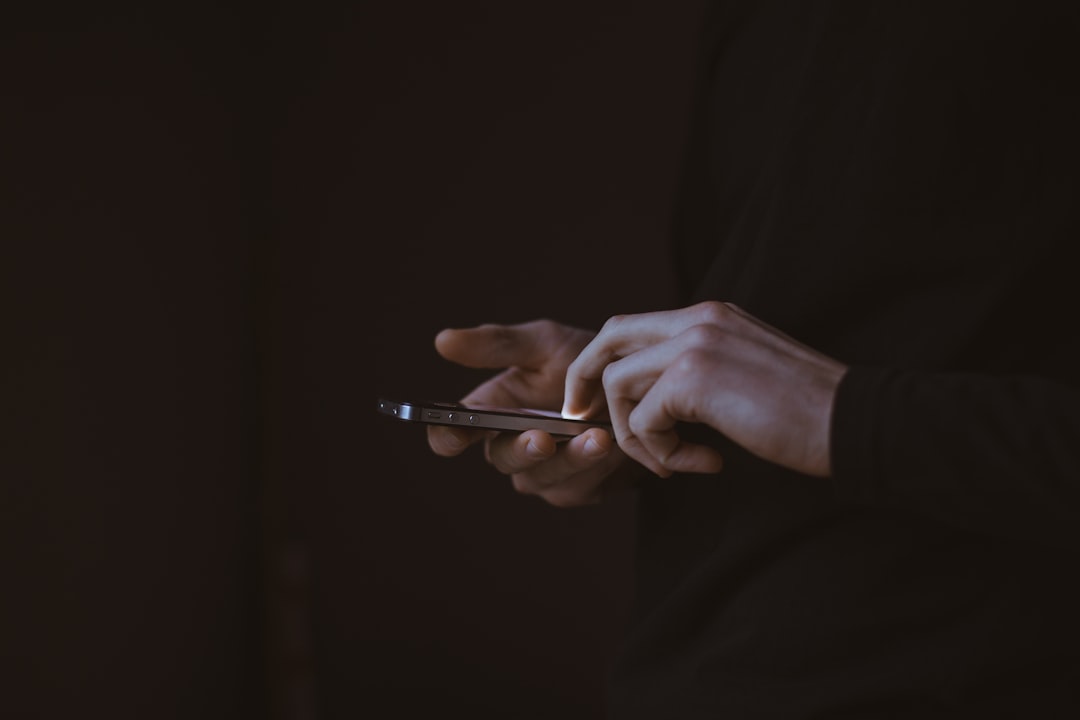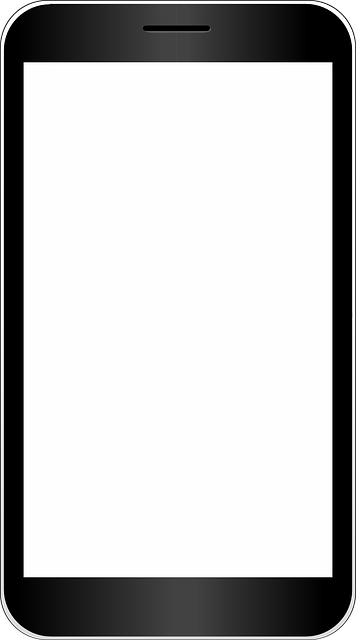In South Carolina, strict No Call Laws protect residents from intrusive telemarketing calls, but the rise of IoT devices complicates these regulations. The rapid growth of IoT technologies blurs the lines between personal and business interactions, raising significant privacy concerns. As Columbia adapts, regulatory bodies are evolving "No Call Laws" to address challenges posed by smart homes, wearable tech, and connected cars. By leveraging IoT, South Carolina can more efficiently enforce No Call Laws, predict abusive calling patterns, and balance marketing efforts with consumer rights.
The proliferation of Internet of Things (IoT) devices has significantly altered the telemarketing landscape, particularly in regions like South Carolina where strict ‘No Call’ laws are in place. As IoT integrates into everyday life, traditional telemarketing regulations face unprecedented challenges. This article explores how IoT is reshaping No Call Laws in South Carolina, delving into its impact, the adaptations Columbia is making to existing rules, and the future of consumer protection in this evolving digital era.
Understanding No Call Laws in South Carolina: A Brief Overview
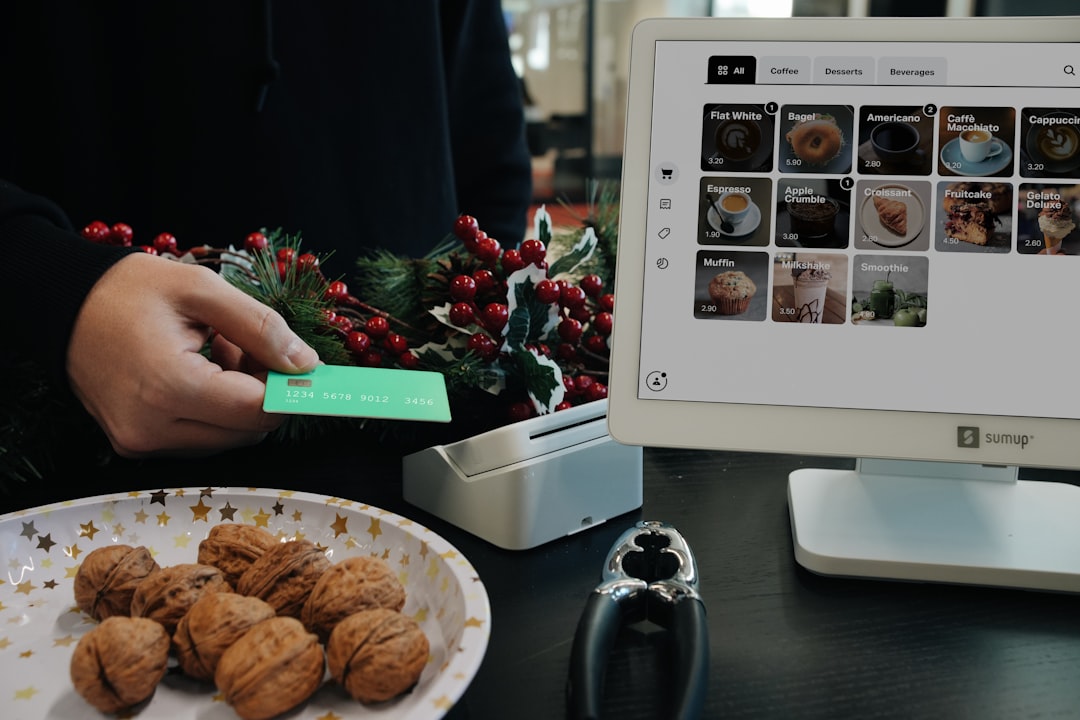
In South Carolina, like many US states, No Call Laws are in place to protect residents from unwanted telemarketing calls. These laws give individuals the right to rest and avoid nuisance calls, especially during personal time. The specific regulations vary, but generally, businesses must obtain explicit consent before initiating automated or prerecorded telemarketing calls. Violations can result in fines, making compliance crucial for companies operating within South Carolina’s borders.
The implementation of IoT devices has introduced new challenges and opportunities for adhering to these No Call Laws. As smart home gadgets and wearable technology become more prevalent, the line between personal and business interactions blurs. IoT devices can potentially collect and share user data, raising concerns about privacy and consent. Understanding this evolving landscape is essential for both businesses seeking to comply with regulations and residents protecting their privacy in the digital age.
The Rise of IoT Devices and Their Impact on Telemarketing

The rapid proliferation of IoT (Internet of Things) devices has significantly reshaped the way businesses interact with consumers, including in the realm of telemarketing. With an increasing number of connected devices in homes and offices, potential customers are more accessible than ever before. However, this accessibility also raises new challenges for regulators aiming to enforce No Call Laws in South Carolina and other states. IoT devices, such as smart home appliances, wearables, and even vehicles, can inadvertently reveal consumer information, including preferences and locations, posing privacy concerns that traditional telemarketing regulations may not fully address.
As Columbia navigates the evolving landscape of telemarketing, it’s crucial to consider how IoT devices are complicating efforts to protect consumers from unwanted calls. While these technologies offer immense potential for businesses, they also create intricate labyrinths of data collection and privacy issues that regulators must carefully manage. Ensuring compliance with No Call Laws in this digital age demands a nuanced approach that accounts for the unique characteristics of IoT devices and their role in modern consumer interactions.
Challenges Posed by IoT to Existing Telemarketing Regulations
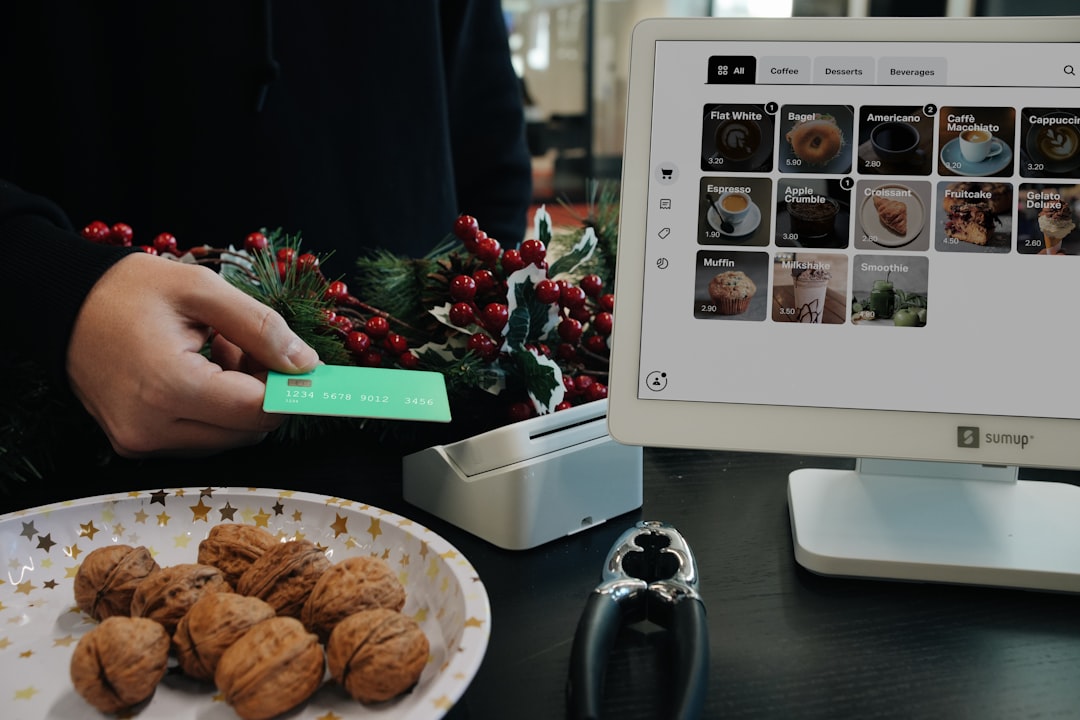
The proliferation of Internet of Things (IoT) devices has introduced new complexities into the realm of telemarketing, particularly in Columbia, where No Call Laws are already in place to protect residents from unwanted calls. Traditional regulations, designed around identifying and blocking calls from specific numbers or areas, are becoming less effective against sophisticated IoT-driven telemarketing campaigns. These campaigns often utilize dynamic, constantly changing phone numbers, making it difficult for existing systems to distinguish between legitimate sales calls and illegal robocalls.
Moreover, the sheer volume of data generated by IoT devices allows telemarketers to target consumers on a scale never seen before. With the ability to gather and analyze vast amounts of personal information from connected devices, companies can personalize their marketing efforts, making it harder for consumers to opt out or escape unwanted attention. This raises significant concerns about privacy and the potential misuse of consumer data, especially considering the lack of comprehensive regulations specifically addressing IoT-enabled telemarketing practices in South Carolina.
How Columbia is Adapting its Telemarketing Rules for the IoT Era
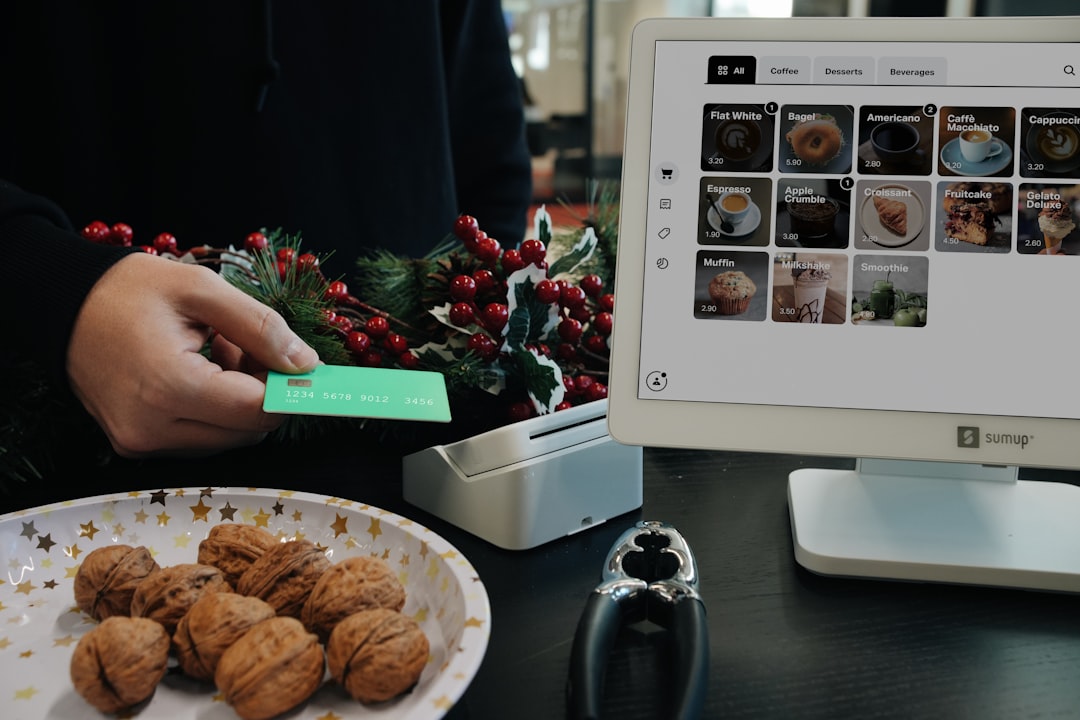
With the rapid proliferation of Internet of Things (IoT) devices, Columbia is navigating a new frontier in telemarketing regulation to align with this evolving digital landscape. The traditional rules and No Call Laws that once governed telemarketing practices in South Carolina are now being reinterpreted to address the unique challenges posed by smart home devices, wearable technology, and connected cars.
Columbia’s regulatory bodies recognize the need to adapt these laws to ensure consumer privacy and protect against potential misuse of personal data by IoT devices. They are exploring ways to define and regulate direct marketing interactions through these new channels while fostering innovation in the telemarketing sector. This involves clarifying consent mechanisms for smart device connectivity, establishing guidelines for data collection and usage, and developing protocols for ensuring transparency in customer communications.
Future Implications: Enhancing Consumer Protection with IoT Technology
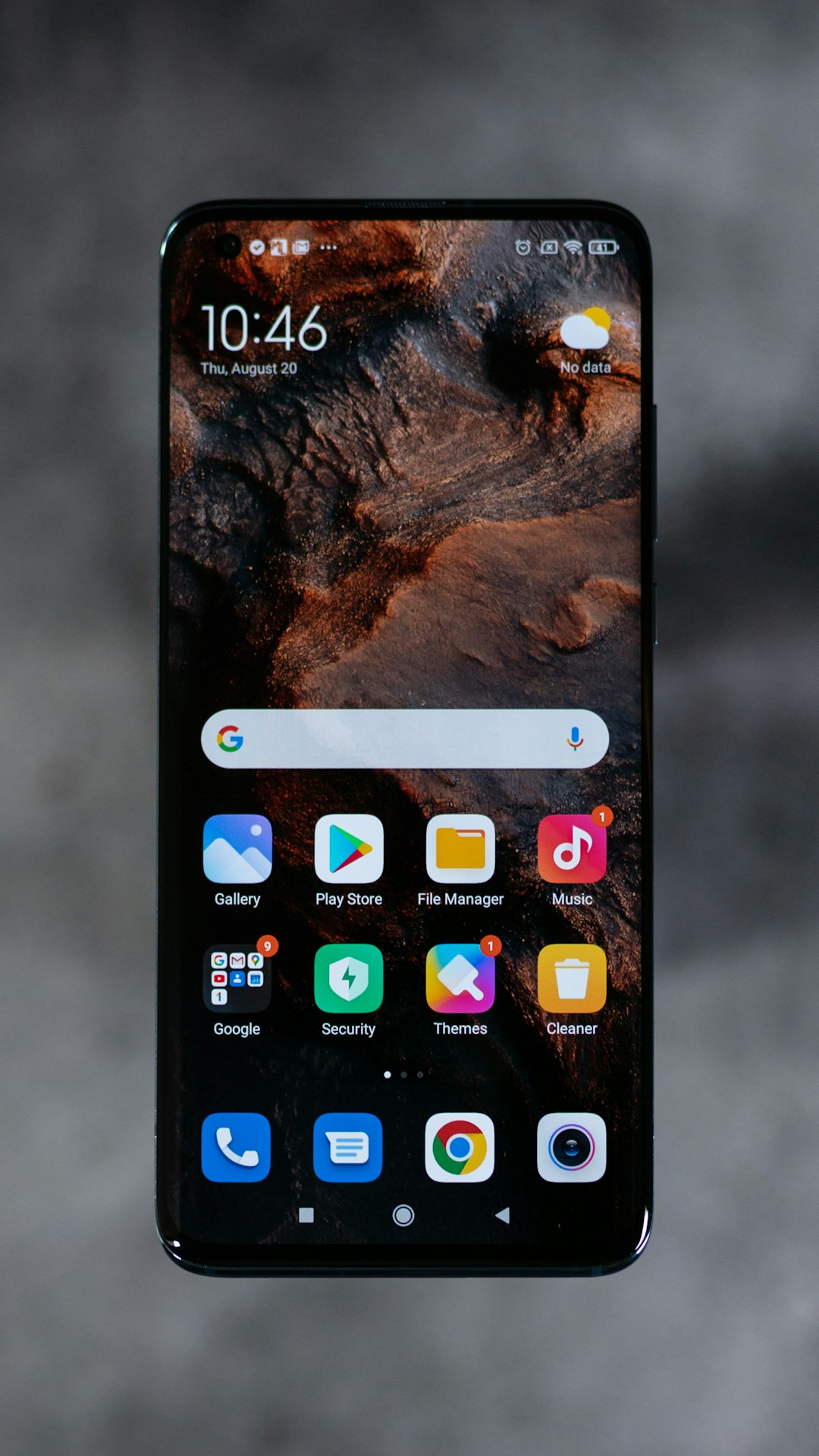
As IoT devices continue to permeate daily life, their impact on telemarketing regulations in Colombia becomes increasingly significant. One of the most promising applications lies in consumer protection. By leveraging IoT technology, no-call laws in South Carolina can be more effectively enforced. For instance, smart home devices and mobile apps can automatically detect and block unauthorized calls, ensuring that consumers are not disturbed by unwanted telemarketers. This reduces the need for manual verification, which is both time-consuming and prone to human error.
Moreover, IoT enables data analytics to predict and identify patterns of abusive calls, allowing regulatory bodies to proactively update No Call Laws. Real-time monitoring and reporting can help maintain a balance between marketing efforts and consumer rights, fostering a more responsible telemarketing environment in Colombia.



